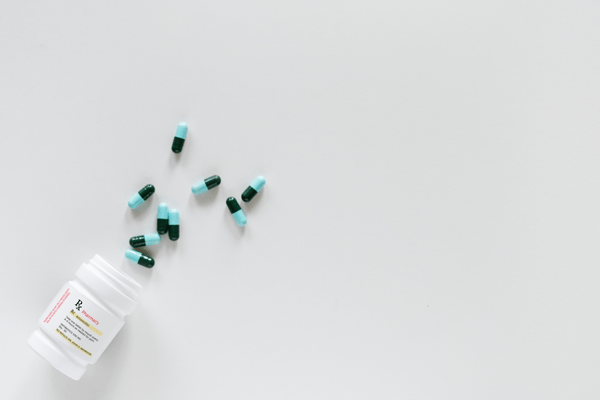
Not every attack responds to the same medication. Knowing what to choose can depend on your triggers, what you need to get done that day in “the real world,” and what you have available. Here’s a quick guide to choosing the right medication.
Choosing The Right Medication For The Type Of Migraine You’re Having
The morning migraine
You woke up with your head screaming, and you’re not alone: 71% of migraine sufferers wake up with a migraine. By this time, it means you’re already passed the early stages, and you need something that hits your bloodstream quick. Doctors can prescribe injectable medications, typically a drug in the Triptan class, for you to use at home. This can seem daunting, but the quick pain relief is worth it. This is your best defense against a migraine already in progress.
The work migraine
You’re at work, and you feel a migraine starting. You have to keep working. This can make you panic, but there are options. There are fast-acting nasal sprays and dissolvable tablets in the Triptan class you can take discreetly at work. Ask your doctor or specialist about these drugs. If nausea is an issue, you’ll want to combine an anti-nausea medication with your migraine medication so you can finish your workday.
The hormonal migraine
Hormone shifts can be a huge trigger for migraines, and can often be predictable depending on your cycle or hormone medication schedule. Tracking your triggers will reveal this pattern so you can determine if your migraine is hormonal. Hormonal birth control can reduce migraines tied to hormone shifts. Discuss this with your doctor as an option.
The bedtime migraine
Your migraine is starting, and you were just about to sleep. You know how frustrating it can feel to need a good night’s sleep. If it’s legal in your area, you may consider marijuana, which can have the effect of easing pain and relaxing you enough to sleep for the night. If it isn’t legal, you may find an over-the-counter medication combined with Melatonin, a gentle sleep aid which can be found in most drugstores, to be effective. Ask your doctor about the right combination.
When all else fails
If you don’t have access to prescription medication, your best bet is an over-the-counter pain reliever, whether this is an NSAID like ibuprofen or aspirin. You may not be able to eradicate your migraine with OTC medications, but you will likely be able to take the edge off. You may also want to employ your non-medication strategies at this point, like ice packs, sunglasses, menthol or sleep.
Our Team: We are Here to Help
We are a small, dedicated app development team that wants you to better understand your migraines and triggers. Everyone on the team has lived with migraines at some point in their lives. We are your community, and we’re here to help. Reach out any time with questions. [email protected].
As always — please seek the advice of a doctor for medical questions. Our app team cannot give medical advice.
Track Your Triggers
Get the Migraine Insight Tracker – iOS App Store
Write to us [email protected]
